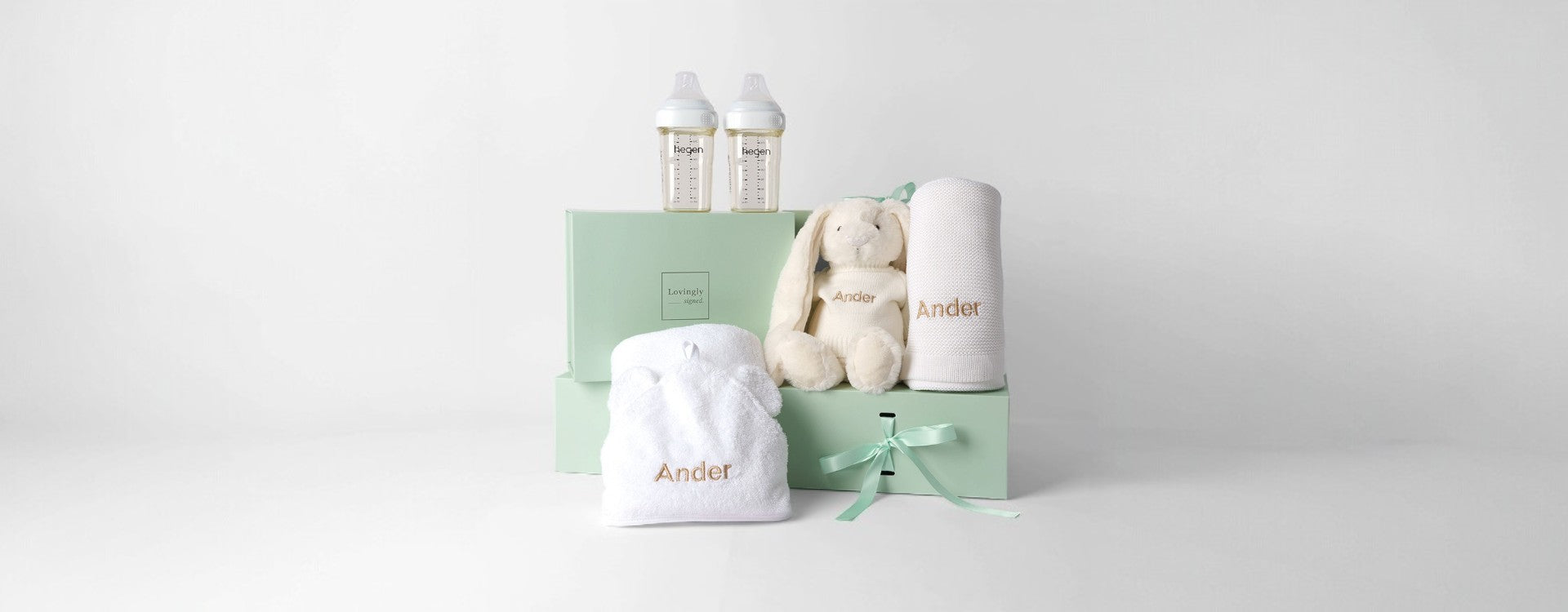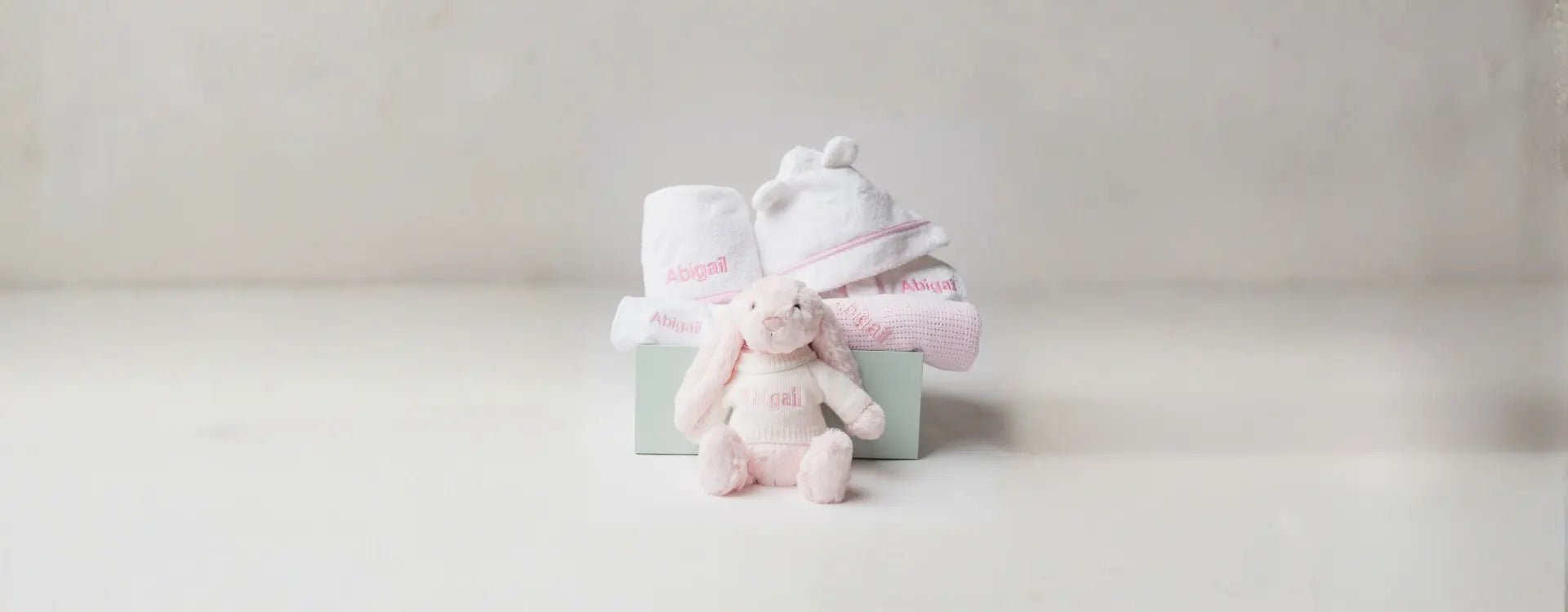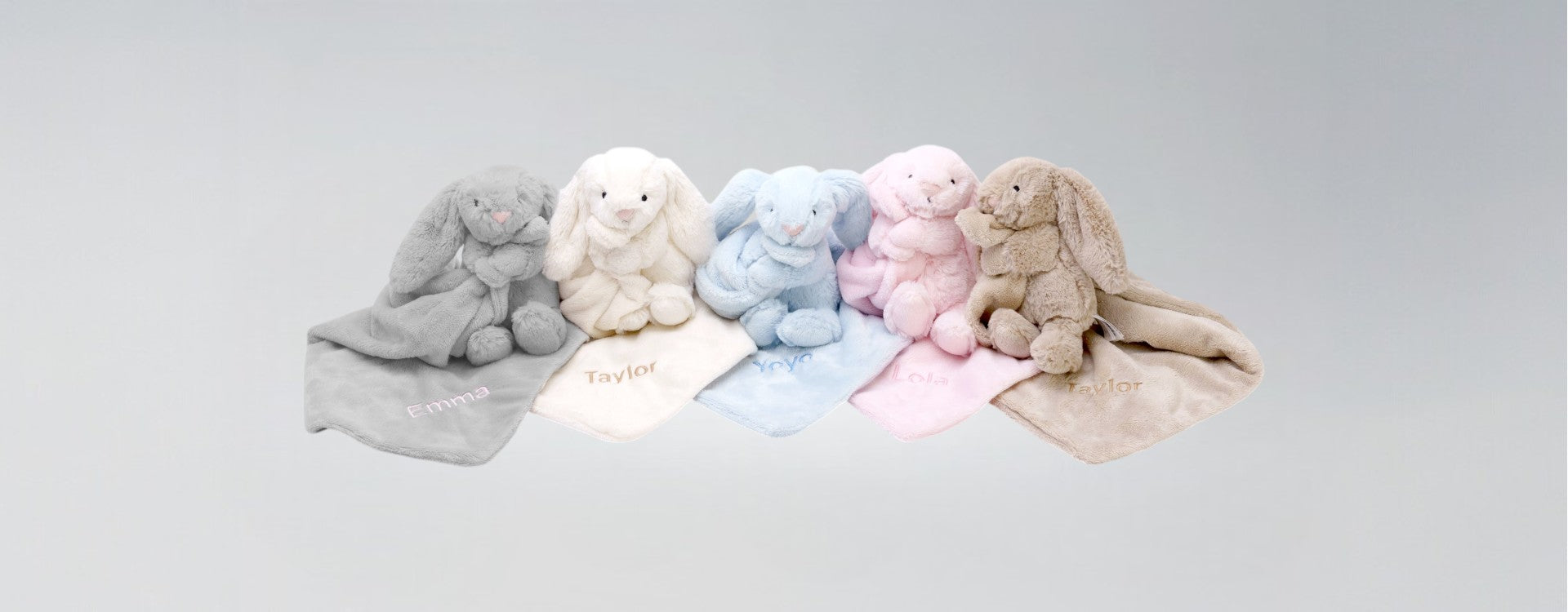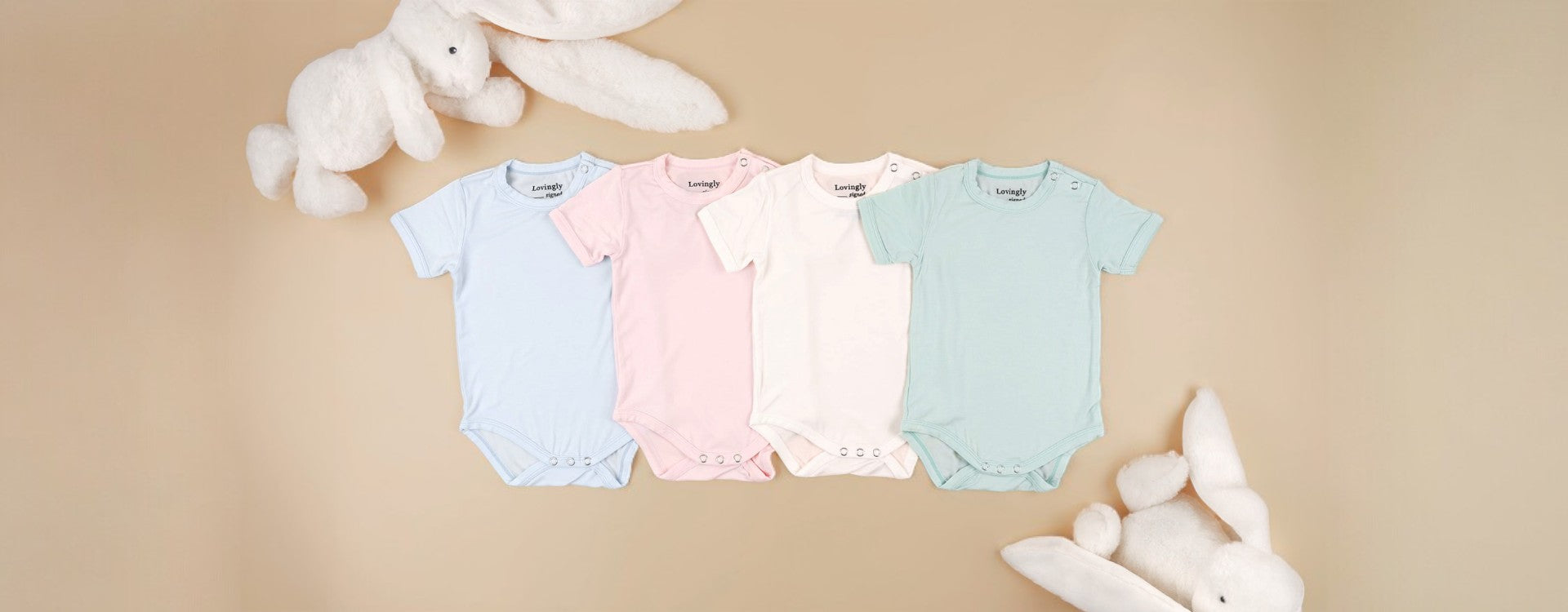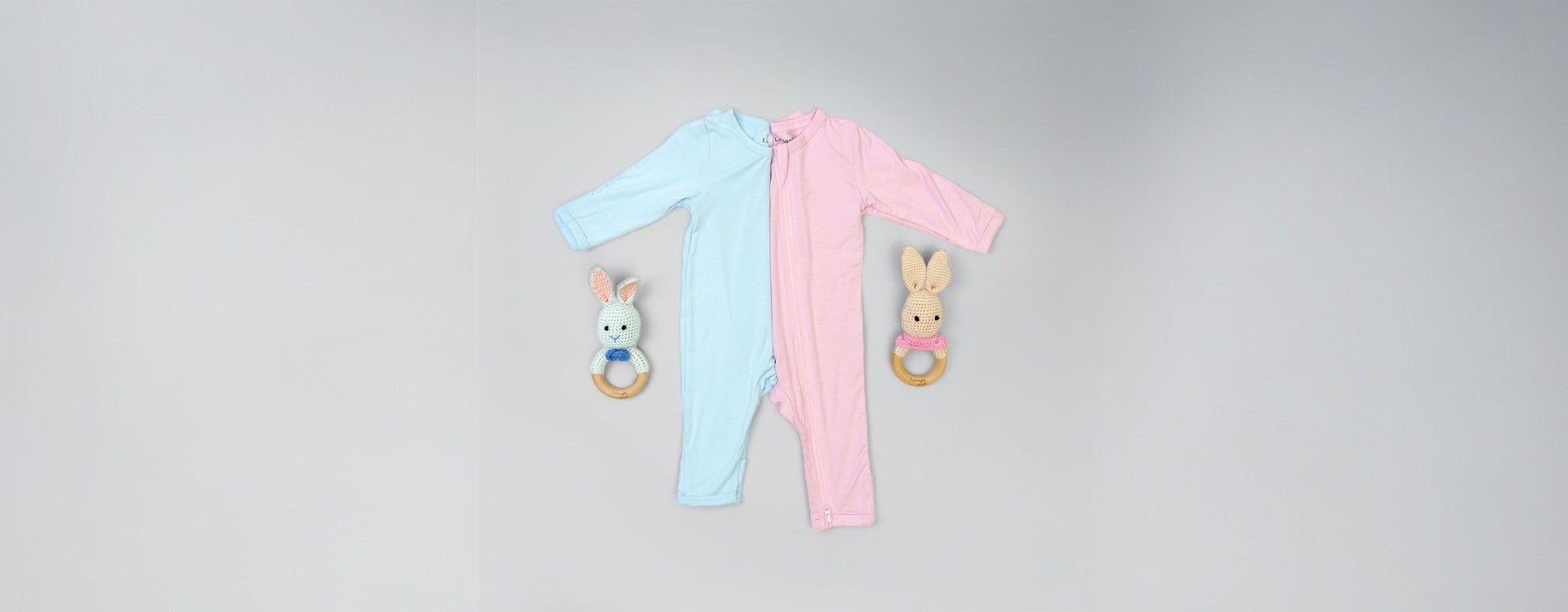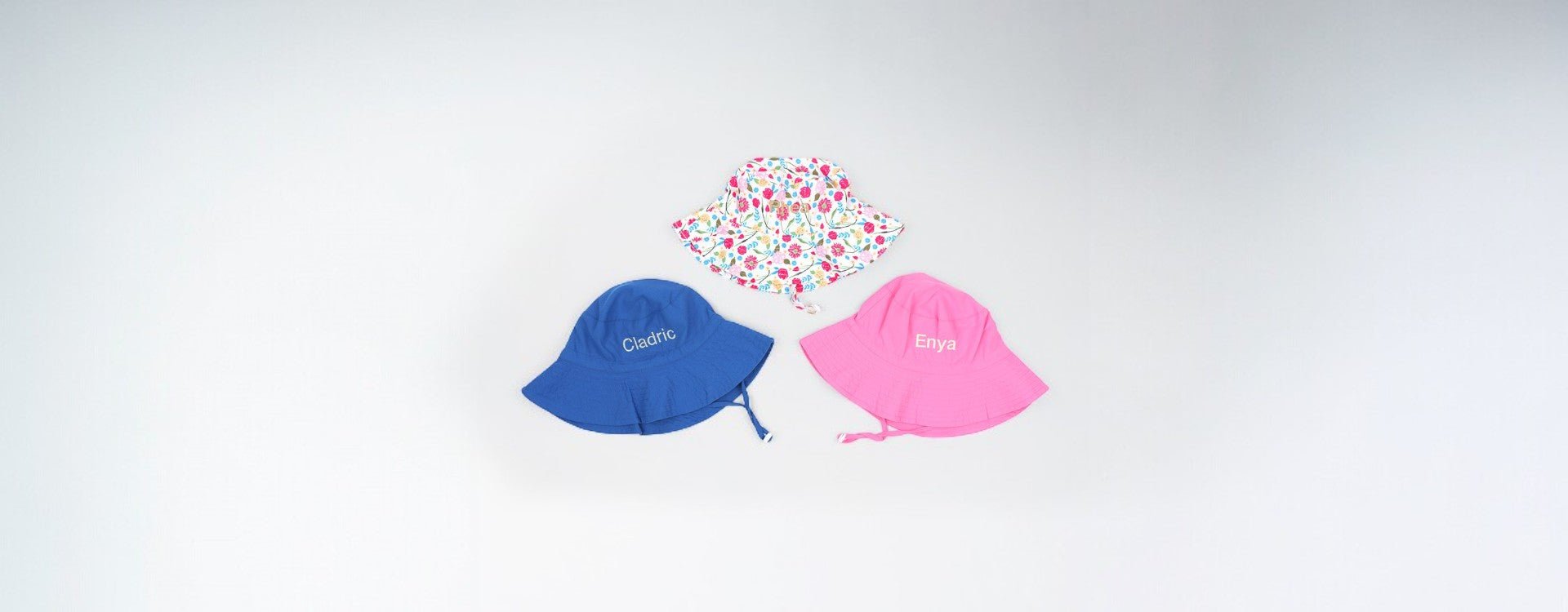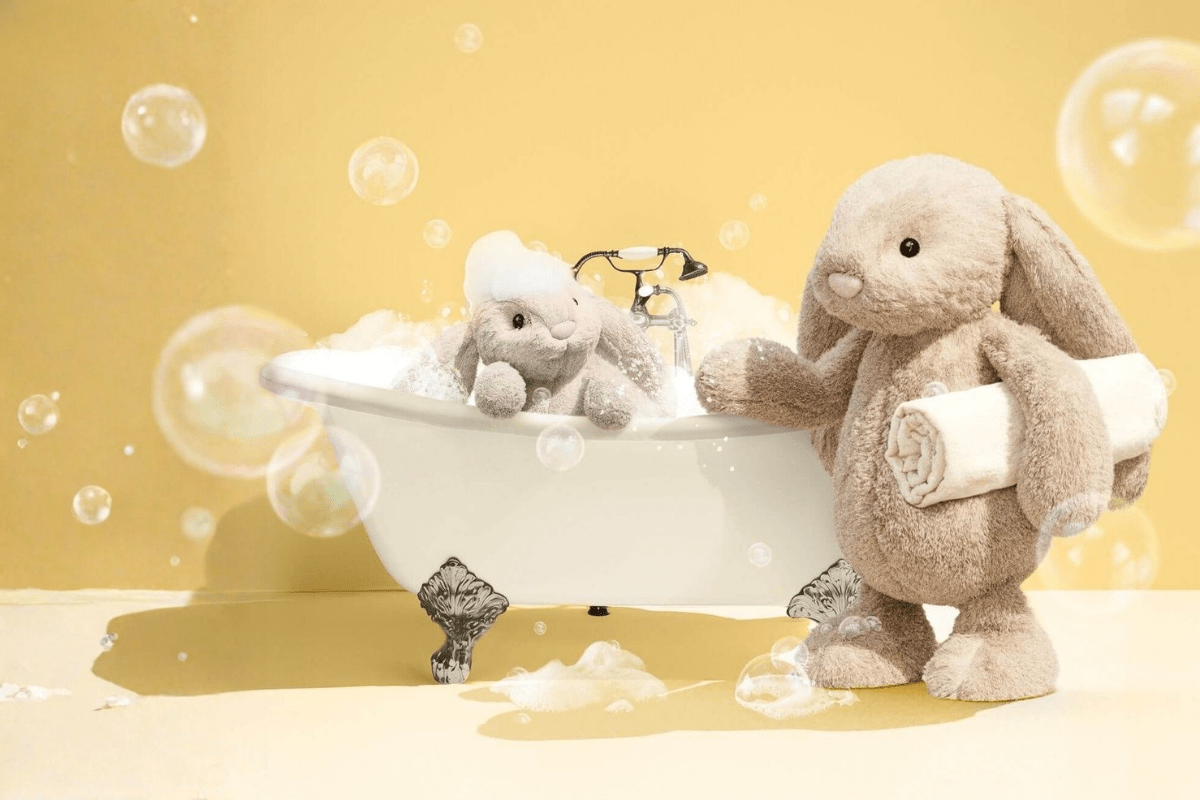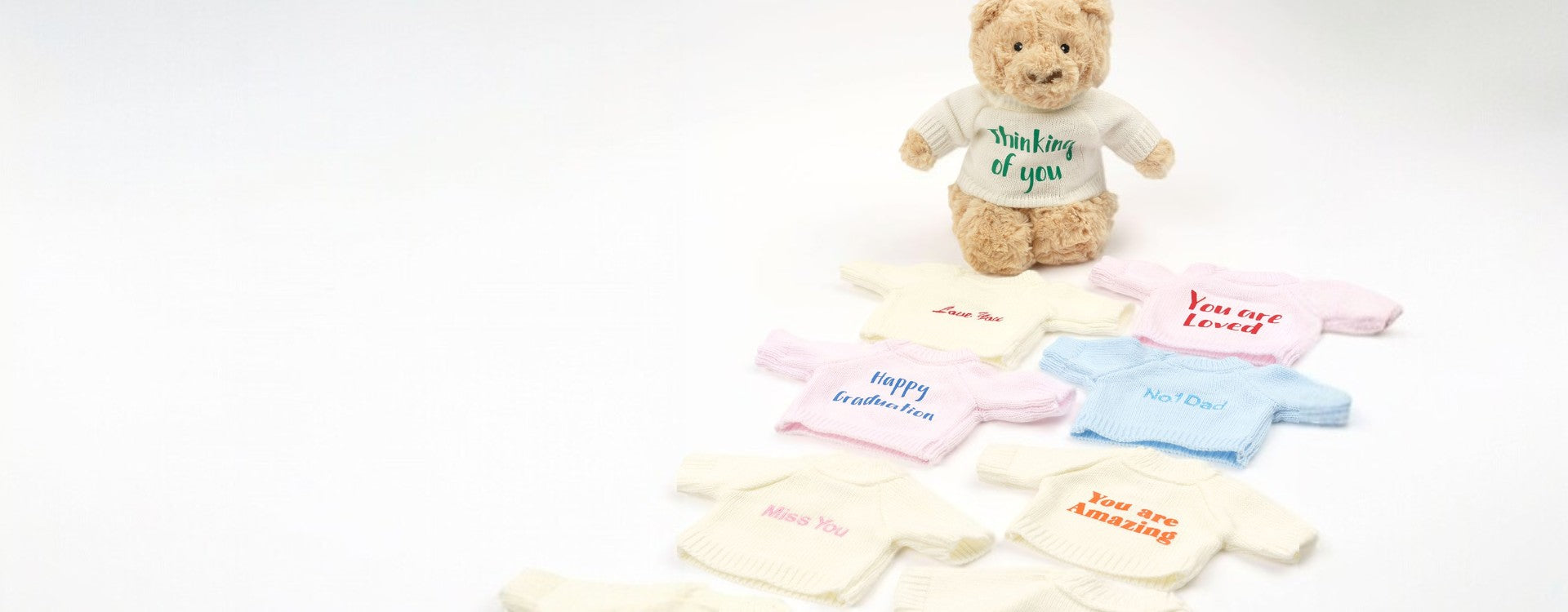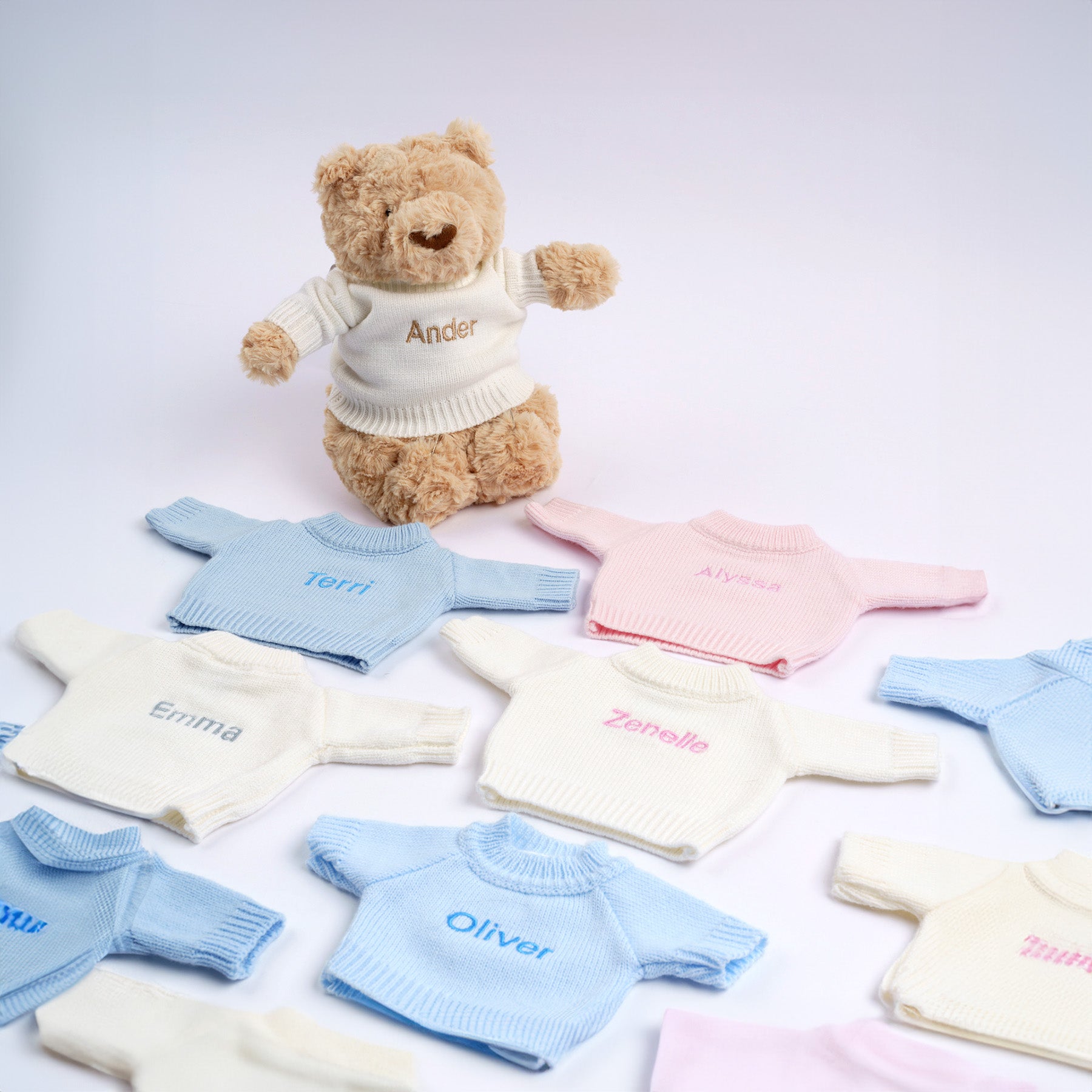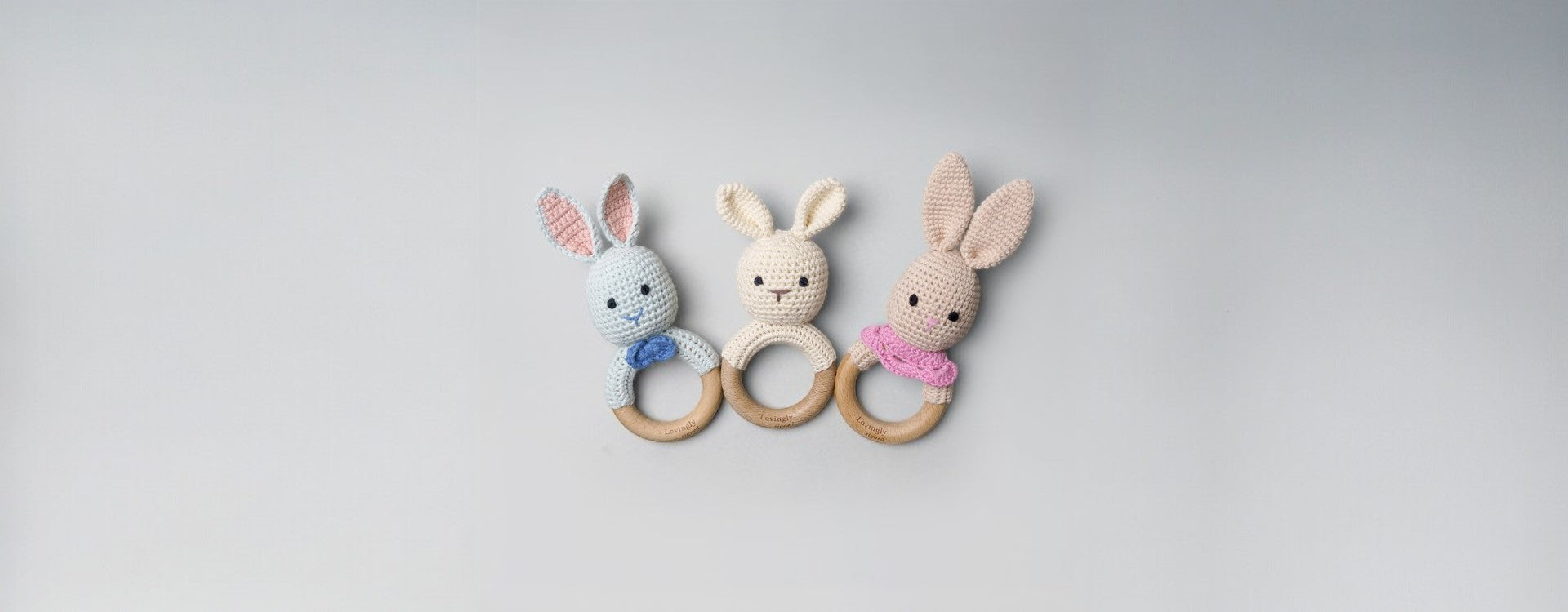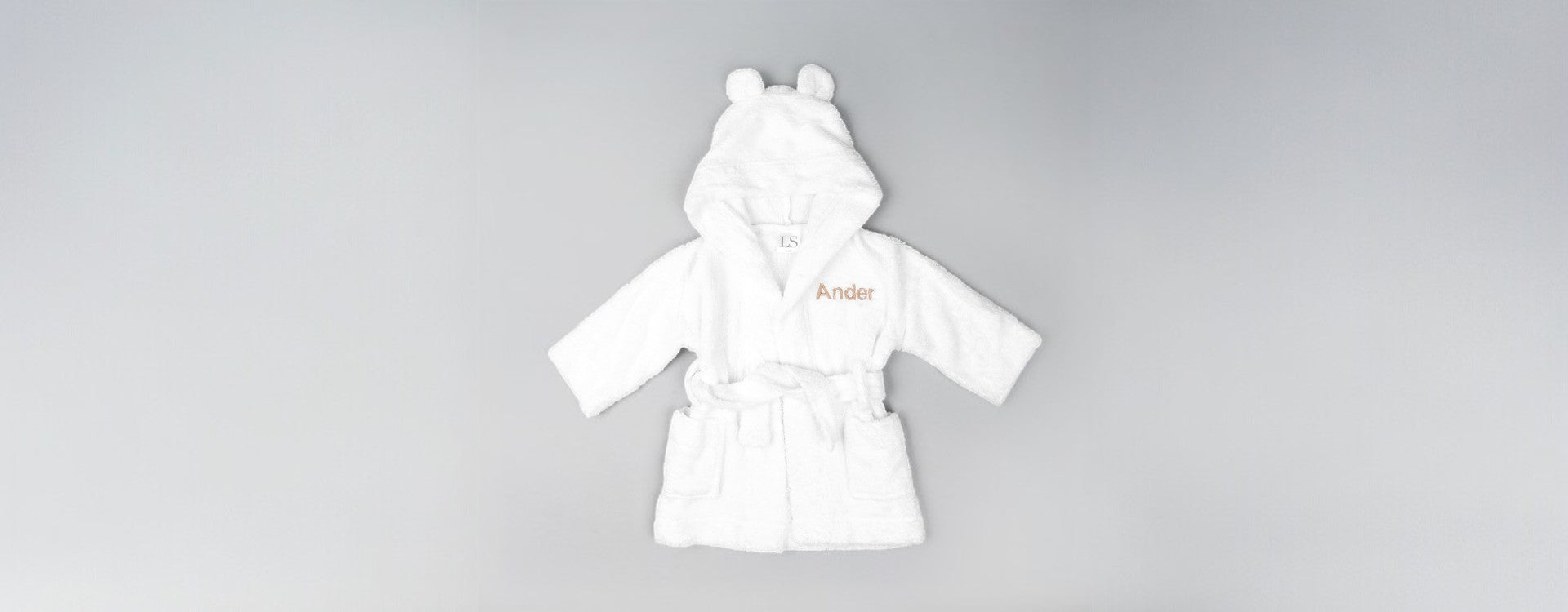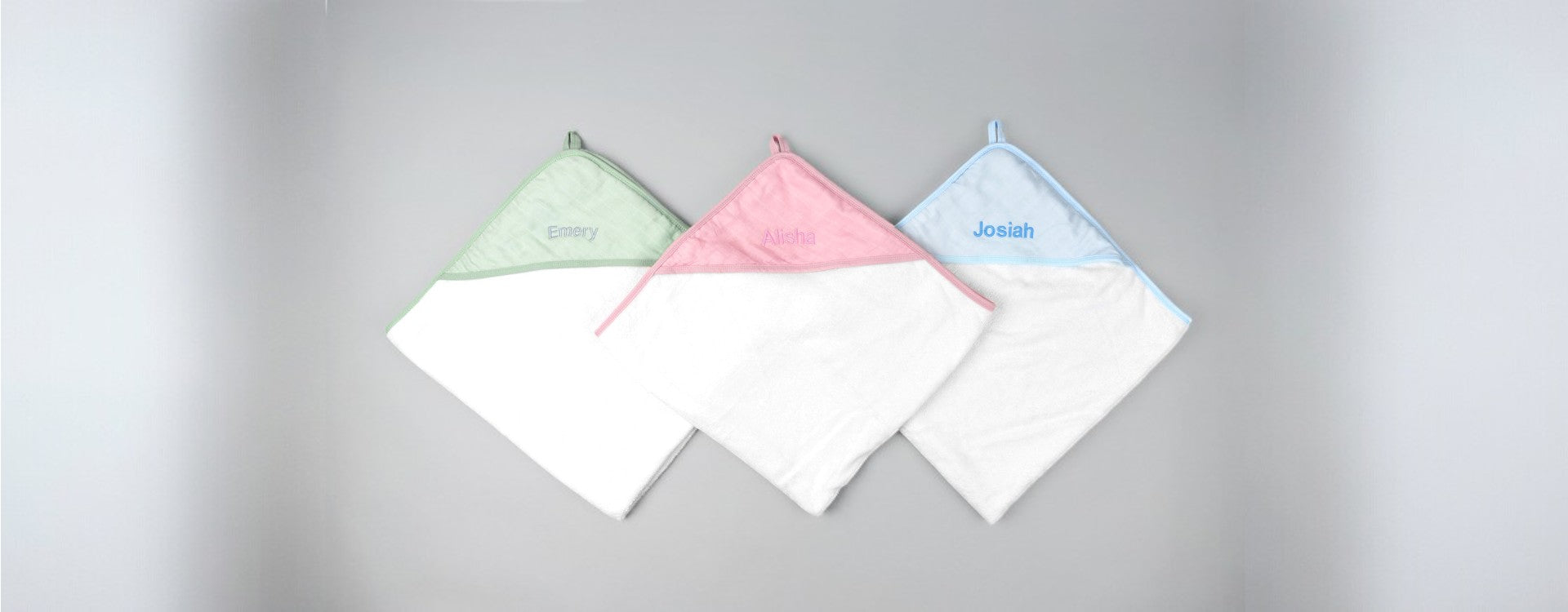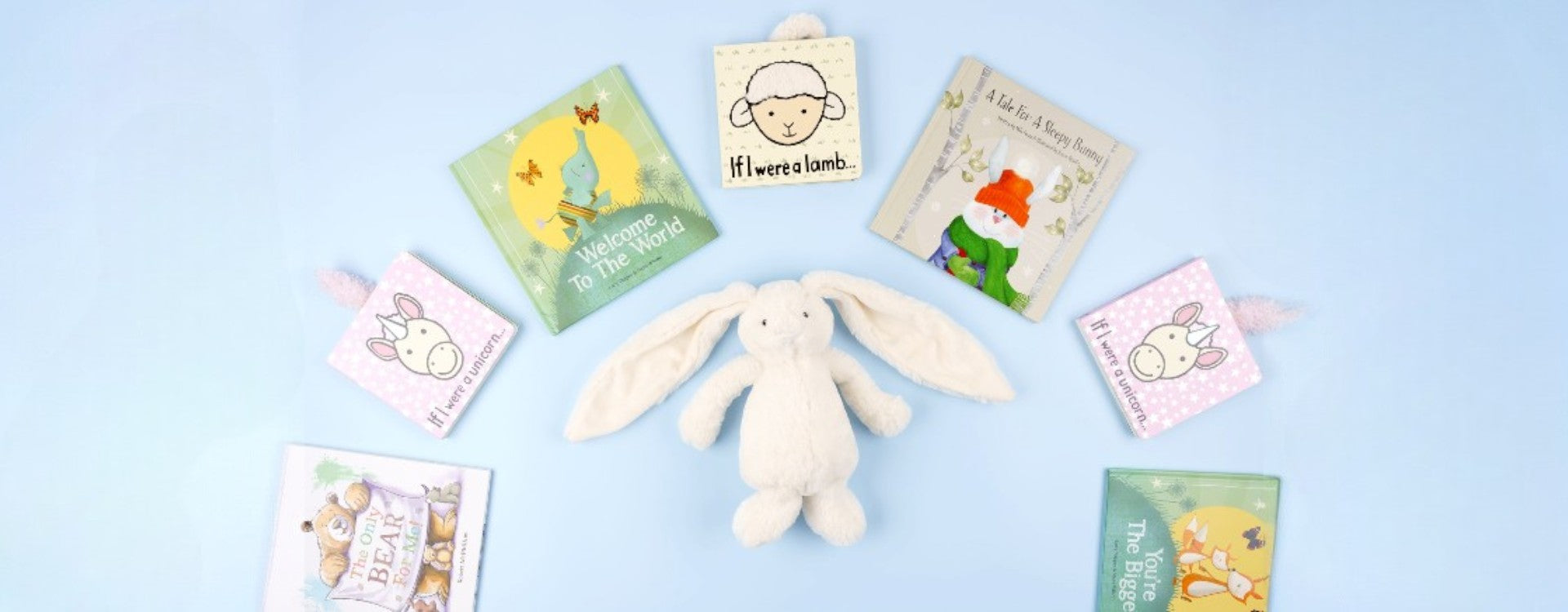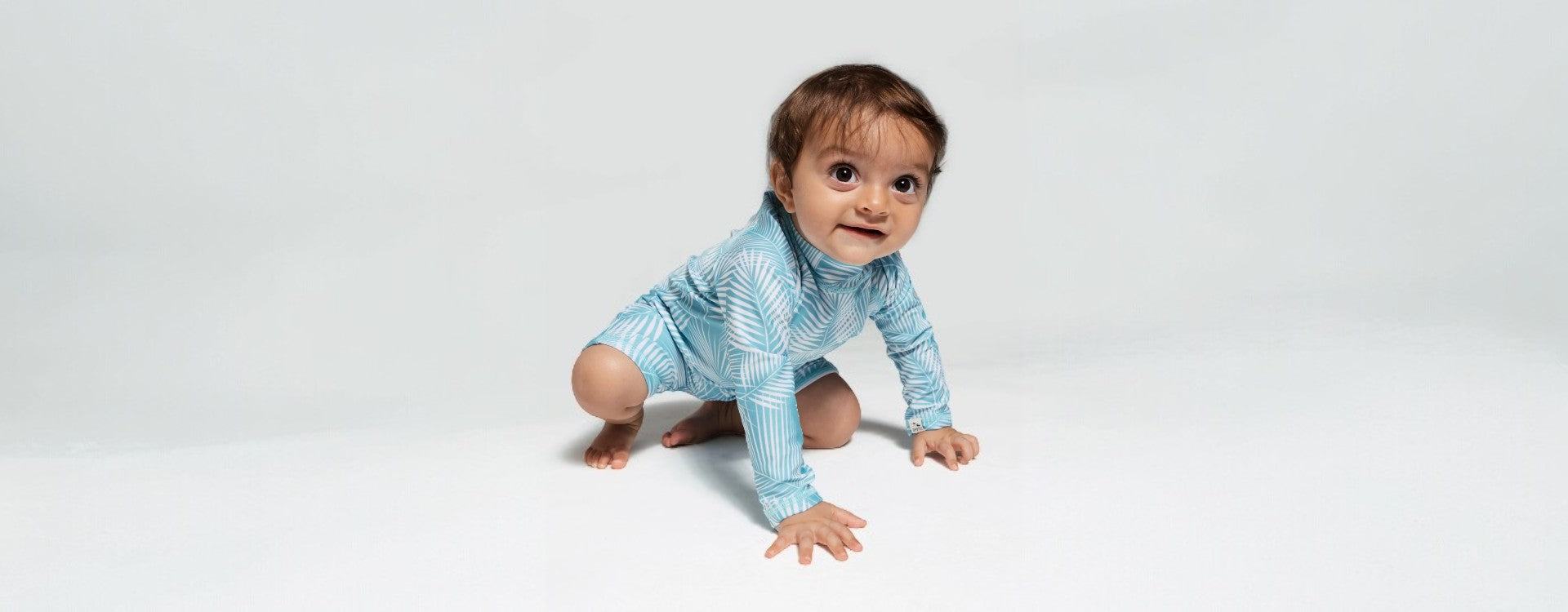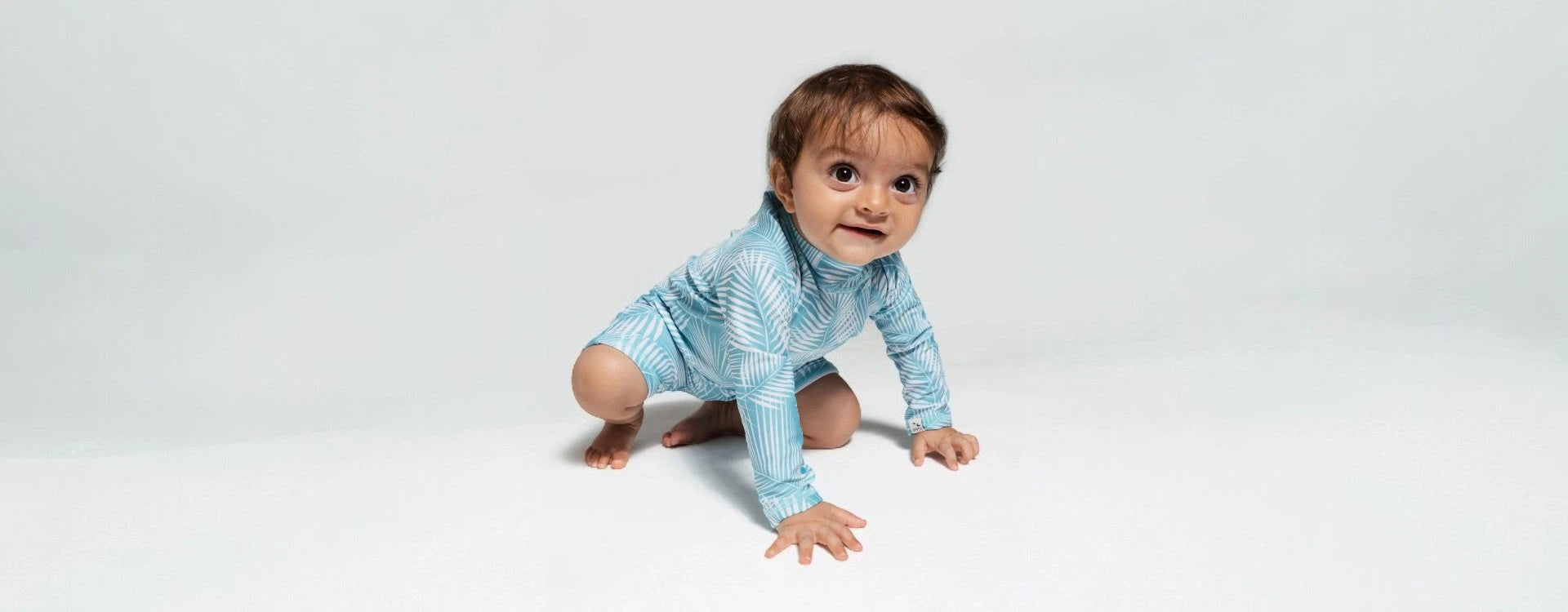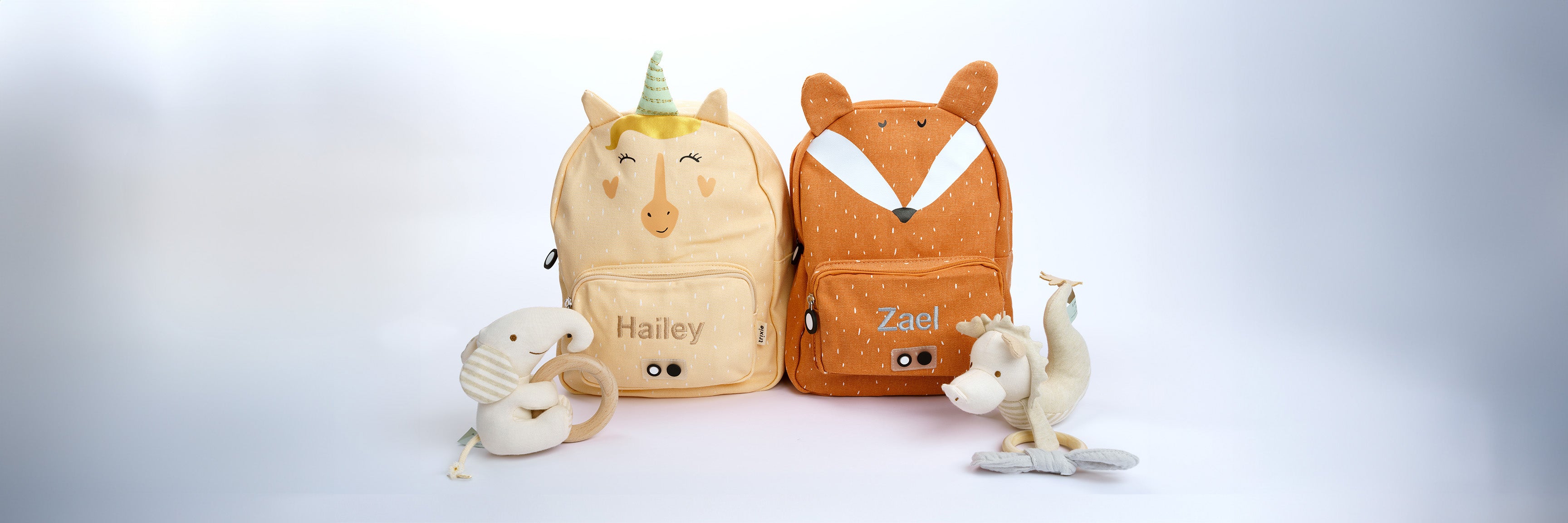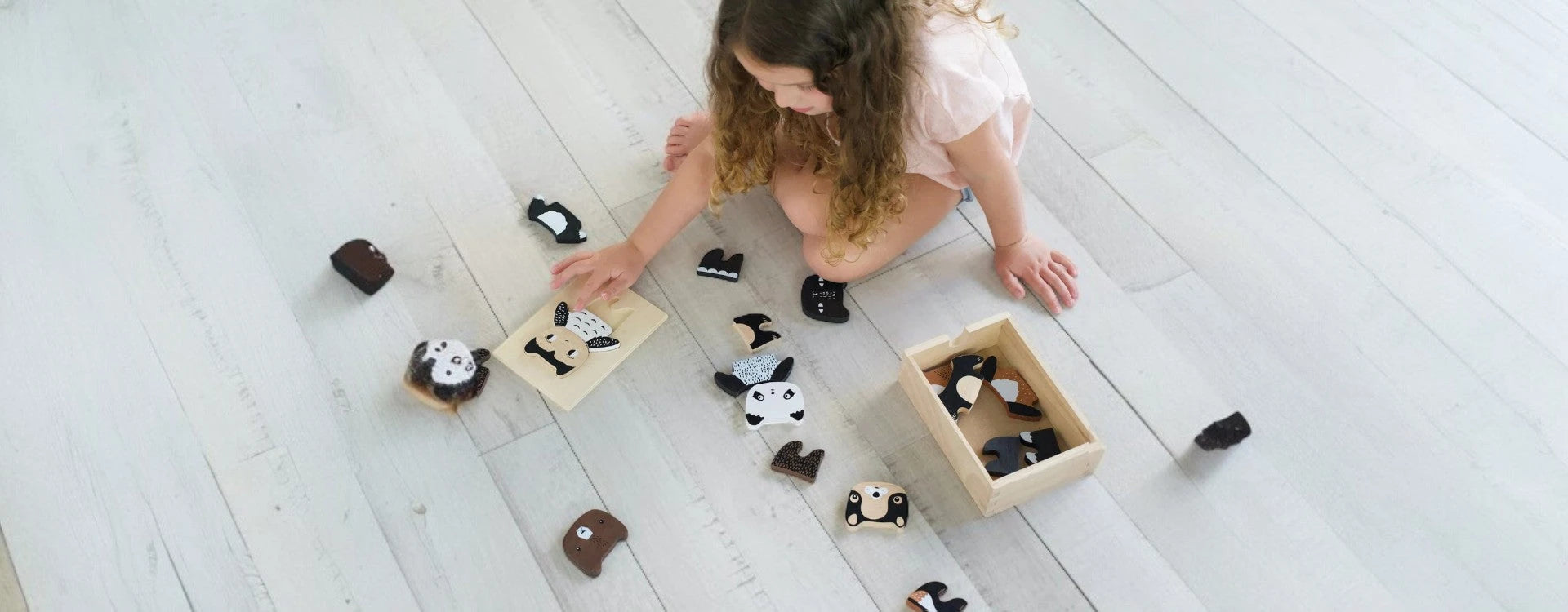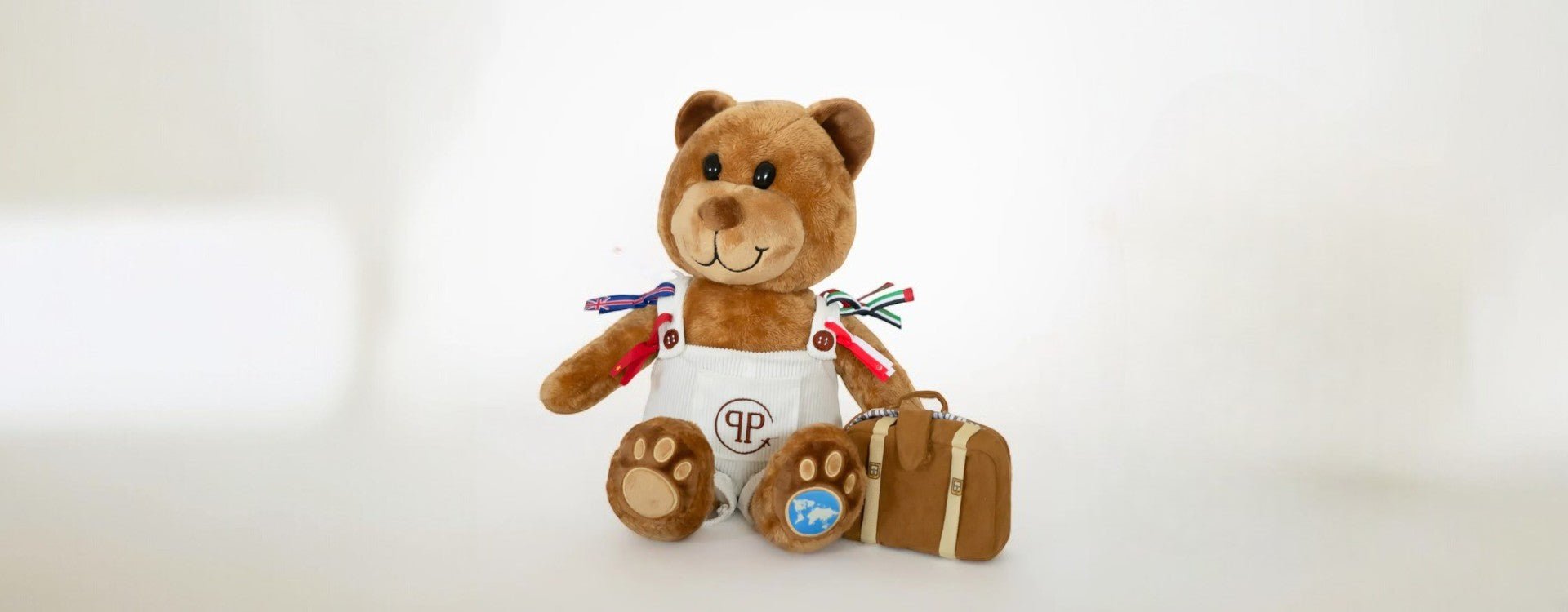The Balancing Act: Managing Your New Baby and Prioritising Recovery
The arrival of a newborn is a whirlwind of emotions and adjustments. While you're undoubtedly smitten with your little one, the demands of constant care can leave you feeling depleted. Striking a balance between managing your new baby and prioritising your own recovery is crucial for both your wellbeing and your ability to care for your child. Here are some tips to help you navigate this delicate phase:
Prioritising Rest and Recovery:
- Listen to your body: Your body has undergone a significant physical change. Don't underestimate the importance of sleep, even if it comes in short bursts. Take naps when the baby naps, and delegate tasks whenever possible.
- Fuel your body: Eating nutritious meals and staying hydrated are essential for recovery. Stock up on easy-to-grab healthy snacks and keep a water bottle by your side. Don't be afraid to ask for help with meal prep from family or friends.
- Pain management: Don't suffer in silence. Talk to your doctor about pain medication options that are safe for breastfeeding or postpartum recovery.
- Delegate and accept help: Don't be a superhero. Let your partner or loved ones help with household chores, errands, or even baby care while you take a well-deserved break.
- Never turn down a trusted friend or relative who wants to hold your baby. Even short breaks are valuable.
Creating a Routine for You and Your Baby:
- Newborn sleep patterns: Newborns don't come with built-in schedules, but establishing a loose routine can help you both get the rest you need. Watch for sleepy cues like yawning or fussiness, and create a bedtime ritual that includes a bath, a calming massage, and quiet singing. Remember, it may take weeks or even months for your baby to develop a predictable sleep pattern.
- Feeding on demand: Breastfeeding or bottle-feeding should be done on demand to ensure your baby receives the nutrients they need. This may disrupt your sleep initially, but following your baby's hunger cues will ultimately establish a more regular feeding pattern.
Taking Care of Yourself Emotionally:
- Postpartum depression is real: The hormonal changes after childbirth can trigger feelings of sadness, anxiety, or isolation. Don't hesitate to talk to your doctor if you experience these symptoms.
- Connect with other parents: Social interaction is vital for your emotional wellbeing. Join a support group for new parents, connect with friends who have recently had babies, or find online communities for sharing experiences and advice.
- Make time for self-care: Even small acts of self-care can go a long way. Take a relaxing bath, read a few pages of your favourite book, or enjoy a phone call with a friend.
Managing Your New Baby:
- Learn about newborn cues: Crying isn't the only way your baby communicates. Learn to recognise their hunger cues, sleepy cues, and discomfort signals. This will help you respond more effectively to their needs.
- Skin-to-skin contact: Holding your baby close, skin-to-skin, is beneficial for both of you. It promotes bonding, regulates your baby's temperature, and can even ease crying spells.
Remember:
- There's no "one size fits all" approach: Every baby and parent is unique. What works for one family might not work for another. Don't be afraid to experiment and find what works best for you and your little one.
- Be kind to yourself: This is a period of significant adjustment. There will be days when you feel overwhelmed, and that's okay. Focus on small victories, celebrate each milestone, and don't be afraid to ask for help.
By prioritising your own wellbeing and establishing healthy routines for you and your baby, you can navigate this special time with greater ease and enjoyment. Remember, a happy and healthy parent is the foundation of a happy and healthy baby.
